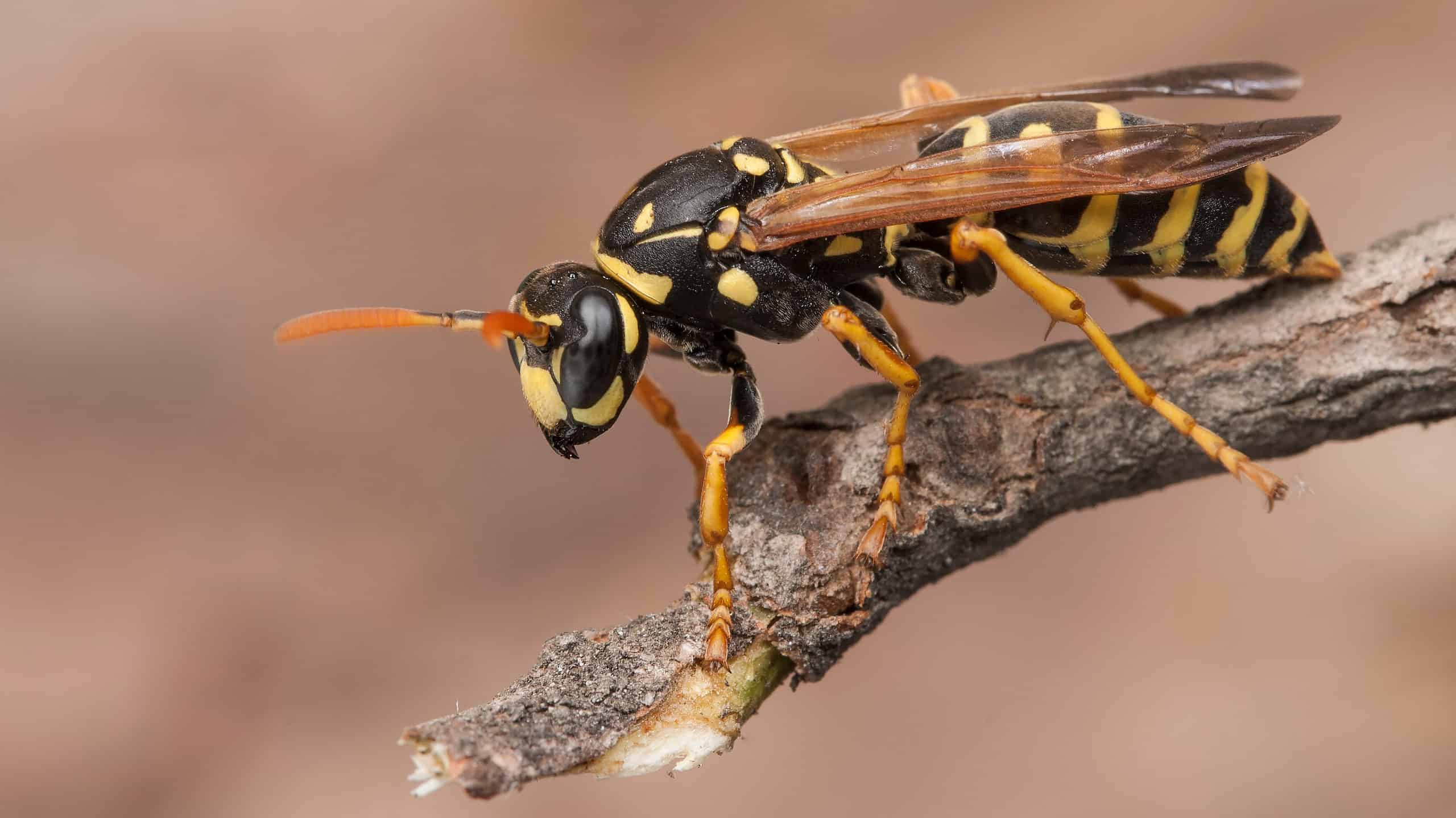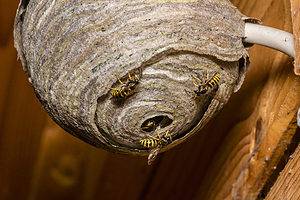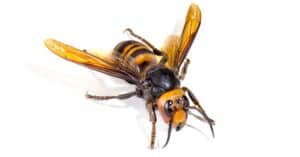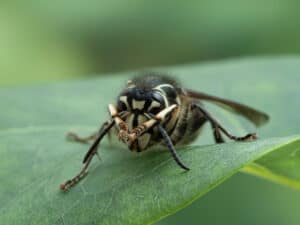You’ve probably been at a picnic or laying by the pool when a pesky wasp appeared. These creatures are known for their painful sting and tendency to become a nuisance in the yard, but wasps actually have a purpose and they do a lot for this planet. Though they have a bad reputation, a world without wasps wouldn’t be a good thing.
Why Do Wasps Exist in the Ecosystem?
Wasps are not beloved creatures. They insight fear and irritation in most people that spot them. Whether you’re getting stung or spotting a wasp’s nest nestled on your porch, wasps are not a welcome sight. Although they are a nuisance, wasps do have a purpose and play an important role in the ecosystem.
Wasps Are Pollinators
Wasps are pollinators. Though they are not as prolific as bees, an article from Science Daily states that 164 plant species are entirely dependent on wasps to pollinate them. Certain orchids have even evolved to attract wasps by replicating the appearance of the back end of a female wasp.
Wasps help to pollinate a variety of flora. Research suggests that they may also serve as “backup pollinators” for plants that lose their primary pollinator. Pollination is essential to our ecosystem because, in simple terms, it’s how plants reproduce.
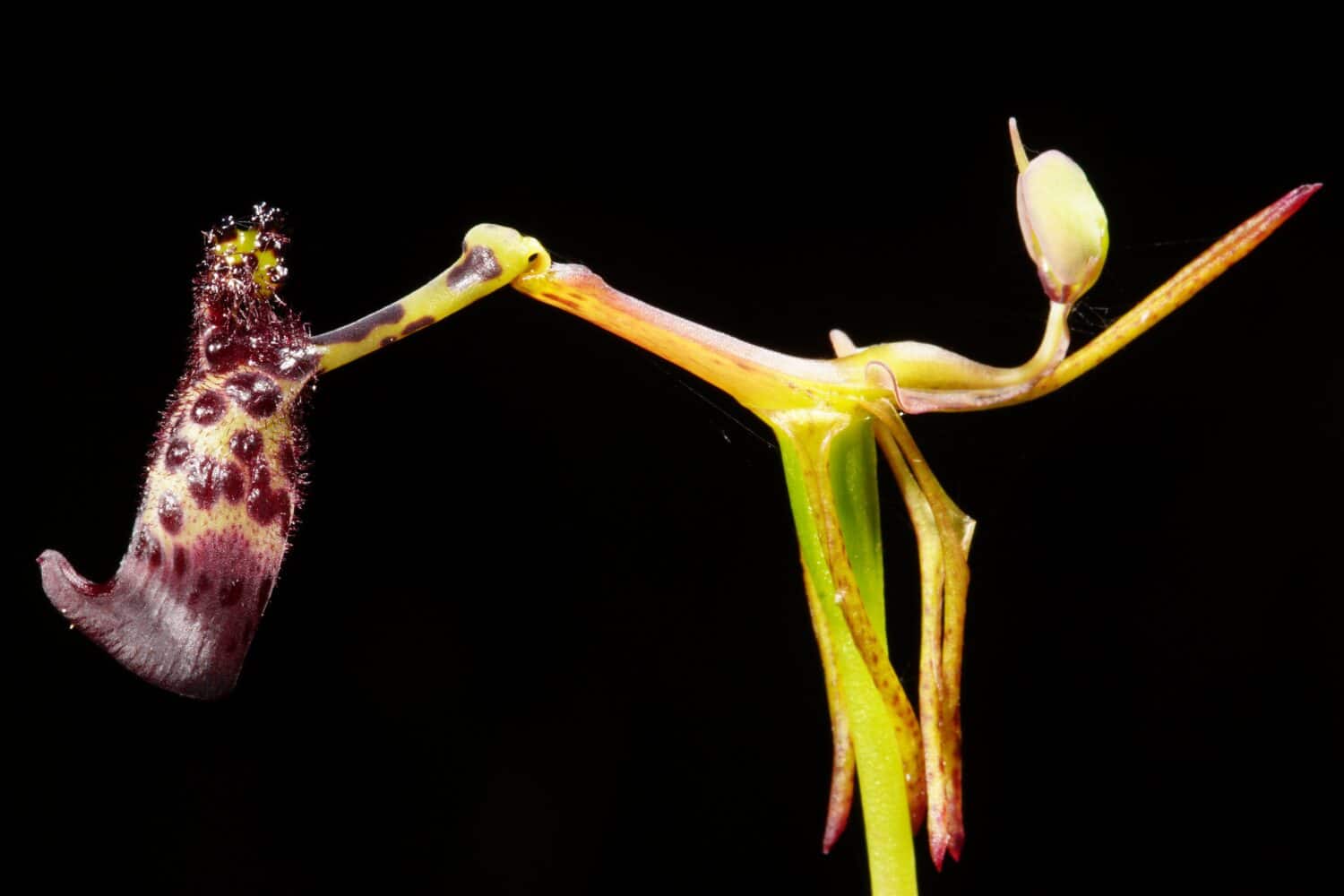
Flowers like the warty hammer orchid have evolved to attract wasps to them.
©anjahennern/Shutterstock.com
Wasps Serve As Pest Control
Wasps aren’t the only species that pollinate, but they are unique in their role as pest controllers. These creatures eat crop-damaging anthropods such as aphids and caterpillars. According to Science Daily, their role in protecting crops is estimated to be worth $416 billion per year worldwide.
Studies also suggest that farmers could bring wasps into developing countries to protect high-value crops. For example, they could be introduced into areas of Brazil to protect maize and sugarcane.
Wasps Have a Purpose in the Medical Field
Finally, wasps may have an important use in the medical field. The study posted on Science Daily explains that wasp saliva and venom can be used to make medications, thanks to their antibiotic properties. The venom of some wasps has even shown promise in killing cancer cells.
What Would Happen If Wasps Became Extinct?
You might have dreamed of a world without wasps, but that actually wouldn’t be a great thing. If wasps went extinct, our ecosystem would face some major problems.
“Without them, the planet would be pest-ridden to biblical proportions, with much-reduced biodiversity,” wrote Seirian Summer, a Senior Lecturer in Behavioural Biology at the University of Bristol, in an article from The Conversation.
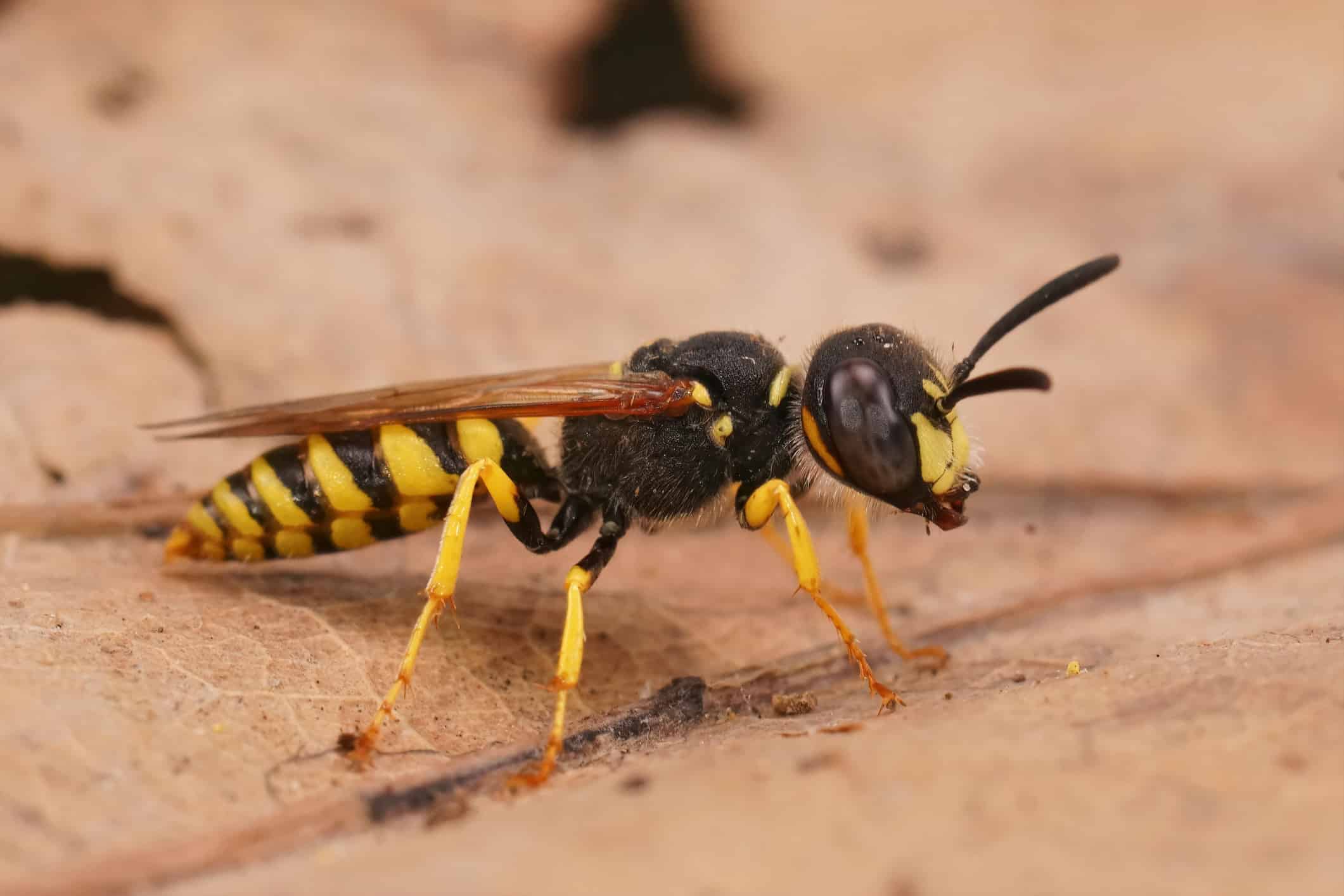
Wasps play an important role in controlling the insect population.
©iStock.com/Wirestock
The pests normally controlled by wasps would wreak havoc on crops. We would also lose certain flora that has adapted to be pollinated by wasps. Although wasps aren’t the only creators that pollinate, they do contribute, and a world without pollination would be an absolute nightmare.
In fact, according to the US Forest Service, without pollinators, the human race would not survive. Around 80% of the world’s crop plants would die off, completely destroying Earth’s ecosystem and the majority of creatures that live in it.
How to Repel Wasps Without Killing Them
While you now know that wasps have major benefits for the environment, that doesn’t mean you want them swarming around your yard or building nests on your porch. Luckily there are some ways to keep wasps away or remove them without harming them.
If you only have a few wasps here and there, Rural Sprout recommends placing a glass of a sugary drink outside to divert the creature’s attention from you while you enjoy the outdoors. You could also make homemade wasp repellent out of peppermint oil and a few other ingredients.
Of course, if you have a more series problem like a wasp nest in your yard or porch, you’ll probably need to consult a professional. They may be able to relocate the nest to a less high-traffic area. If possible, you could also wait until winter, when the wasp nests are typically mostly empty and safer to remove.
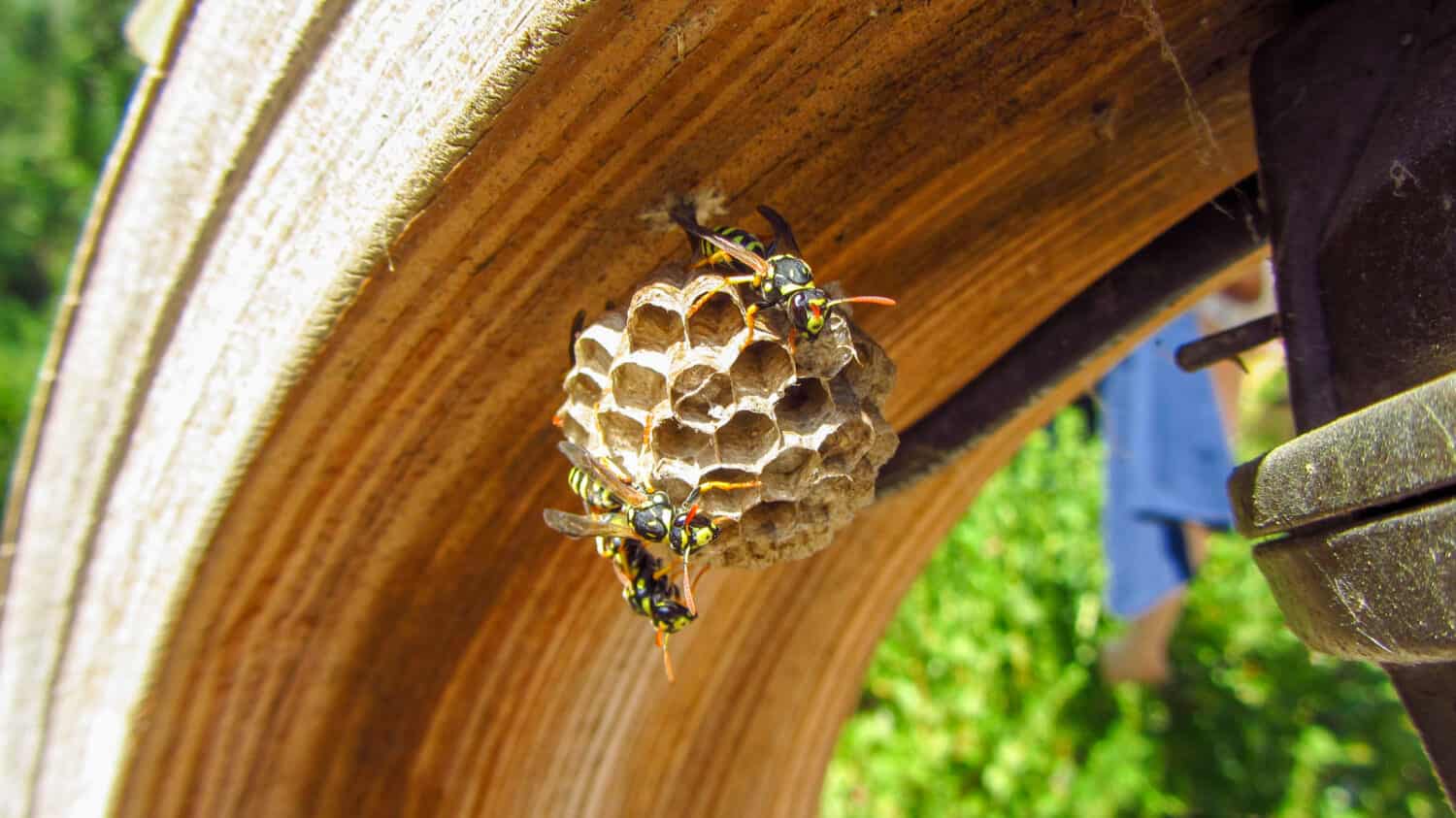
Removing a wasp nest may require help from a professional.
©OlgaPS/Shutterstock.com
Other Interesting Wasp Facts
In case this article hasn’t changed your mind about wasps, here are a few more interesting facts about these creatures, courtesy of the Canadian Wildlife Federation:
- Wasps can recognize faces! Not only do wasps have the ability to identify each other through facial recognition, but some studies suggest that they can even recall human faces that they have seen before.
- Like bees, only female wasps can sting. Although a wasp’s stinger has a variety of functions, it is actually a modified egg-laying ovipositor.
- Wasps are believed to be the first example of an invertebrate using logical deduction. They have proven capable of separating pieces of information to draw a conclusion.
Thank you for reading! Have some feedback for us? Contact the AZ Animals editorial team.

